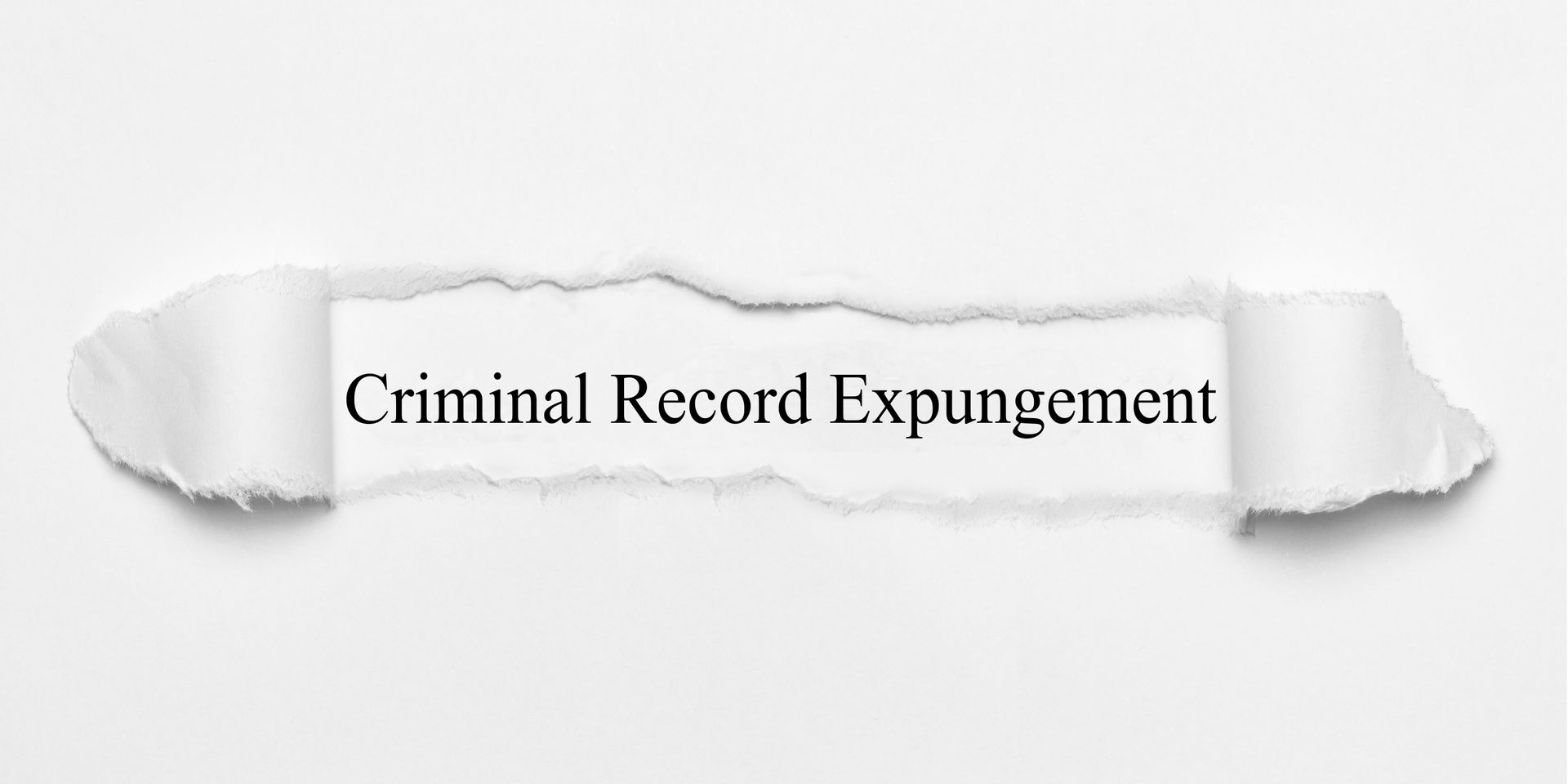Is There a Way for Minors to Avoid Having a Permanent Criminal Record?

For many minors and their parents, an encounter with the criminal justice system can feel like a permanent blemish on their future. The fear of a criminal record haunting them through adulthood is a significant and legitimate concern.
Thankfully, the state recognizes that children make mistakes that don’t necessarily represent who they will be in adulthood. The reason the juvenile justice system focuses more on rehabilitation rather than punishment is also why the system typically makes it easier for juveniles to have their arrest and conviction record sealed.
About Record Expungement
Record expungement is a legal process that allows individuals to have their criminal records sealed or destroyed, effectively removing the record from public access. When a record is expunged, it is as if the incident never occurred, providing the individual with a clean slate. For minors, this process is particularly valuable as it helps them avoid long-term repercussions from youthful mistakes.
Why Is Record Expungement Important for Minors?
Future Opportunities
A criminal record can severely limit a minor's opportunities in life. It can hinder their chances of being accepted into colleges, obtaining scholarships, securing employment or even renting an apartment. By having their record expunged, minors can pursue their goals without the burden of a past mistake.
Social Stigma
Carrying a criminal record can lead to social stigma and negatively impact a minor's self-esteem and relationships. Expungement allows minors to move forward without the fear of being judged or discriminated against based on their past.
Rehabilitation and Second Chances
The juvenile justice system is designed to focus on rehabilitation rather than punishment. Record expungement aligns with this philosophy by giving minors a second chance to demonstrate their reformation and commitment to positive change.
Eligibility for Record Expungement in Arizona
The eligibility criteria for record expungement can differ from state to state. In Arizona, some of the factors that influence whether a minor’s criminal record is eligible for expungement include:
Must Be 18 Years (or 25 for Some Convictions) or Older
Even though the offense occurred when the individual was a minor, A.R.S. 8-349 requires that individuals be at least 18 years old before filing an expungement petition.
Nature of the Offense
In Arizona, the nature of the offense plays a critical role in determining eligibility for expungement. Class 1 felonies, serious violent crimes or sexual crimes and repeated offenses may not be eligible for expungement. However, many non-violent and first-time offenses can be expunged, allowing the minor a second chance at a clean record.
Completion of Sentence
The minor must have completed all terms of their sentence to be eligible for expungement. This includes fulfilling probation requirements, completing community service, paying any fines and adhering to any other court-ordered stipulations.
The Process of Record Expungement in Arizona
- Filing a Petition: The process in Arizona begins with filing a petition for expungement with the juvenile court that handled the case. This petition must detail the offense, the individual's efforts at rehabilitation and the reasons why expungement is justified. It’s important to present a compelling case to the court, highlighting the steps taken towards personal growth and reform.
- Notification and Review:
Upon filing the petition, the court will notify relevant parties, including the prosecutor and any victims. A hearing may be scheduled where these parties can present their views on the petition. The judge will review all documentation and consider any objections raised during this period.
- Court Decision: The judge will make a decision based on the individual’s behavior since the offense, their rehabilitation efforts and the potential impact of expungement on public safety. If the judge grants the expungement, the record will be sealed or destroyed, effectively removing the offense from public view.
Are You Seeking Assistance With Juvenile Record Expungement in Phoenix?
Board-certified criminal defense specialist Michael Alarid III is a seasoned criminal defense attorney equipped to handle juvenile cases in the Phoenix area. He can help you understand the variables that might influence your petition’s outcome and provide recommendations to enhance the chances of a successful expungement. Schedule a free case evaluation today or call now at (602) 818-3110.



